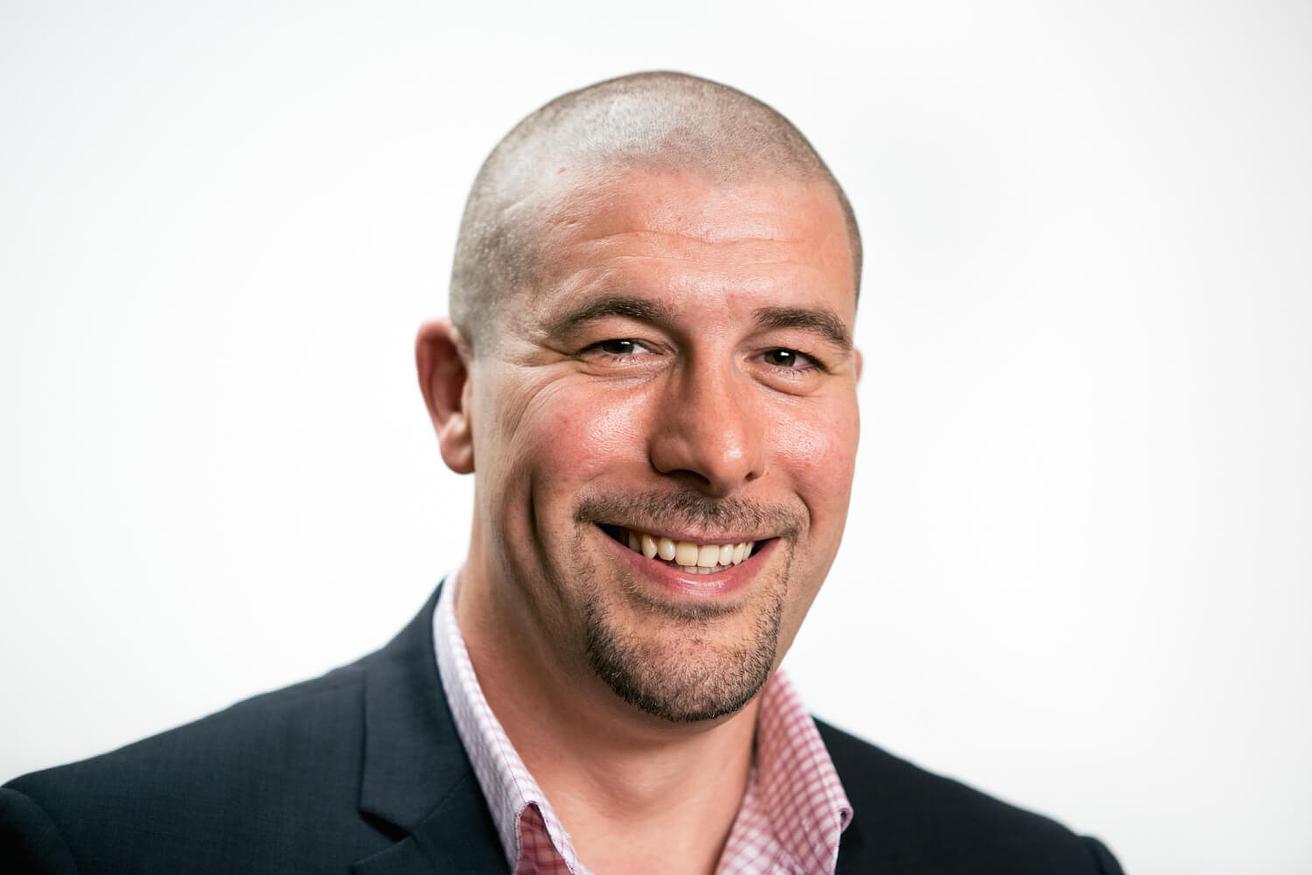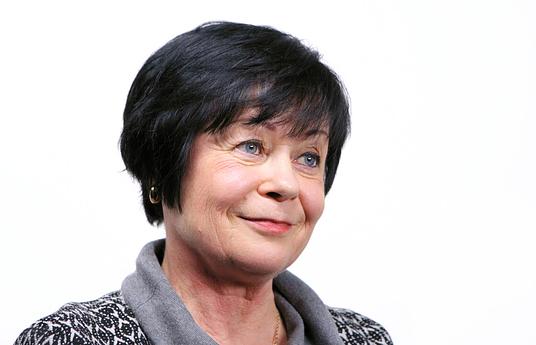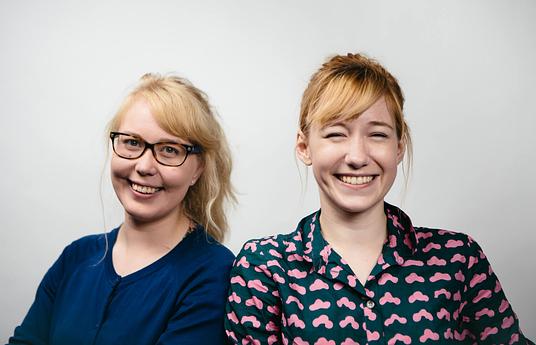Dan Haesler
Dan Haesler is an international keynote speaker, educator, writer and consultant as well as a trained P.E. and English teacher.
After ten years of experience working with Australian schools he is now cooperating with schools around the Asia-Pacific on issues of engagement and well-being.
Skills
Are schools teaching the skills students need?
It’s that ever present question.
Everything we are doing has obviously been done with our best intentions. The problem we have, of course, is we’re not sure what skills they will need in the next ten or twenty years if we are being really honest about it. I’m not sure twenty-first century skills are that different from skills needed twenty or thirty years ago either.
I’d like to think in the best cases, yes we are.
Even in the best cases we do have those issues around collaboration and connectedness, communication and creativity. I am concerned and very aware that there are still too many schools, organizations, districts and policymakers who are focused on the so-called education race. They are focusing on outcomes at the expense of engagement, well-being and maybe some of these softer twenty-first century skills. In winning the education race, we might be losing something else in return.
What skills should students be learning?
A lot of the work I do challenges schools to get out of the mindset that school is preparation for something they do when they’re older.
In today’s ever more globalized connected world, compassion and empathy are essential. We only need to look at the issues unfolding all around the world to understand how crucial they are.
Students also need to be critical of the information they receive. They’re connected in a way that we’ve never been before, but I question how deeply do those connections go?
Being critical consumers and critical creators of content is really, really important. I think that comes about by harnessing technology to actually connect our kids to lots of other kids who at first seem incredibly different from them, and showing that actually they are a lot more similar than they are different.
Teachers
What is the role of the teacher?
The role of the teacher has changed obviously. I try and steer clear of the phrases ‘from sage on stage’ and so on because every context, every classroom, every child presents different challenges.
A teacher needs to be more adaptable now than ever. A good teacher in one school might really struggle in another if they take exactly the same methods and philosophies.
First and foremost a teacher needs to be a learner. Teachers need to be adaptable. They need to have what Carol Dweck calls a Growth Mindset about every situation they go into by thinking: ‘no matter how good I am or how much I am struggling, I can try and improve here.’
Taking students on a journey of learning with them and stepping back where necessary, providing knowledge where necessary and empowering the kids to connect and engage in the world which is all around them.
Assessment
What are your views on PISA?
I think it’s one way to judge an education system. PISA offers us some interesting conversation starters.
I use PISA data to start conversations when I’m working with schools, such as: ‘how many kids feel that they belong at your school? How many kids can report that they are happy at school?’ I look at the PISA data in terms of absenteeism and all those kinds of things. That data is really quite useful.
What I’m not keen on with PISA is the way that they package it up nicely in league tables. If that was all that happened it would be an issue because it buys into this argument of an education race, which policy makers and media in some countries really buy into and use to denigrate the teaching profession.
You are never going to encourage teachers to get better by telling them they’re rubbish - I’ve never met anybody who actually responds to being told they aren’t any good. They might feel they need to improve but they certainly won’t feel empowered to improve.
Environments
What would be the best learning environment?
I’m really keen to explore what ‘learning spaces’ actually means anymore, because for me there are no rooms anymore. Kids could technically be learning with anyone, anywhere, anytime but that’s not to say that’s necessarily the best way.
Face-to-face interaction is important. We know from psychology that mirror neurons are incredibly powerful - we pick up mannerisms and enthusiasm from those around us. You don’t learn Math per say, you learn Mr Smith’s enthusiasm for Math, or Mrs Jones’ love of Science.
It’s really important that we don’t see technology as being the panacea for engaging kids. If you give a kid an ipad and think they are going to be engaged you’re missing the point - they’ve had them since they were two years old. It’s about what we’re asking them to do with that technology, and asking them how they can empower themselves to connect and find real value in what they are doing.
The ideal learning space is one that is adaptable, that meets the needs of the kids, that can go with the kid if necessary or the kid can come to in the hub of a community. The idea of a learning space is more ethereal and it’s up to our environments to match those needs.
When does learning happen?
When someone has a real sense of autonomy, a sense of ownership and a sense of choice. Learning also happens when children develop the competence to see that they are improving, which plays into realising why they are improving.
It is so important to have autonomy in spaces that are founded on great relationships in which children feel valued and respected. Learning happens when children know that teachers, adults or other children around them have their best intentions at heart. It doesn’t necessarily happen when everything is exciting or fun - it might do, but having that sense of ownership, competence or deeper meaning and purpose is crucial to learning.
Personal memory
What was your favourite moment in your own education?
My formal education was a little bit rocky. I was called into the Principal’s office when I was about seventeen and was advised that school wasn’t the place for me. He had a fair point because my results were terrible! I was actually only at school because I was the captain of the rugby team and I got to hang out with my mates.
Overtime my rugby coach got me to help coach the Year Seven kids and I suddenly realized that school wasn’t a drag anymore when I was in these sessions. Instead, time was flying - an hour would pass like ten minutes, whereas in Maths ten minutes felt like an hour.
I went to my teacher Mr. Thompson and said: ‘how do I get to do what you do? This is awesome!’ He looked me straight in the eye and said: ‘for the first time Dan, you’ve got to work.’
Once you have that sense of meaning and purpose things fall into place. It was purely by chance that Mr. Thompson asked me to do that, and I don’t think it should be left to chance.
The next 100 years
The next 100 years of Finnish education should... look to build on positives.
Trying to give Finland advice on education is like trying to give Barcelona advice on football. I would suggest that Finland looks at what it has done well, but that it also takes a step back and looks at its education system in a broader context.
Youth unemployment rates are at twenty-four percent, which means that whilst Finland has a great education system, clearly there are massive social issues which need to be addressed as well. Rather than looking at this in silos the whole community needs to come together and say: ‘okay, what’s going to be best for our kids?’



